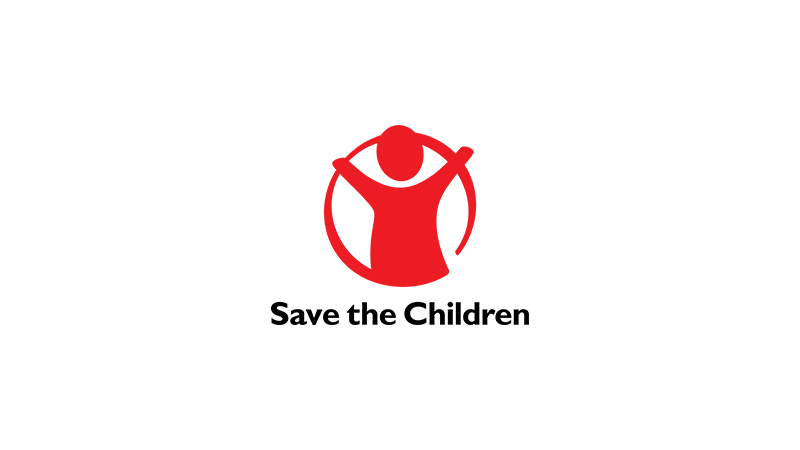
Manager - Clinical Epidemiologist | Save The Children
Responsibilities & Context
Save the Children invites applications for the above-mentioned position. We are committed to equal employment opportunities, regardless of gender, sexual orientation, race, colour, ethnic origin, nationality, disability, age, or beliefs and religion. We are committed to diversifying our staff to better represent the communities we serve and actively welcome underrepresented groups to apply.
The Opportunity
Manager – Clinical Epidemiologist is responsible to lead and coordinate epidemiological activities within our medical team. The role involves developing, organizing, and implementing epidemiological activity plans to identify risk factors and enhance treatment and prevention practices. Key responsibilities include overseeing protocols, supervising research projects, providing expert guidance, and ensuring effective data collection and analysis. The Manager will support various projects, including mortality surveys, disease tracking, and community surveys, while preparing donor reports and contributing to new business development. This position also involves planning responses to disease outbreaks and building the capacity of the Health Information Systems (HIS) team to analyze and interpret data, ensuring evidence-based clinical decision-making. Join us to make a meaningful impact on health outcomes and drive transformative change in public health practices.
Requirements
Education: A Bachelor’s or Master’s degree in Epidemiology, or a Master’s in Public Health with extensive training in epidemiology, is required.
Experience: At least 7 years
Additional Requirements
- A minimum of 7 years of experience in clinical epidemiology or public health research, preferably within humanitarian or healthcare settings.
- Proven track record in managing epidemiological research projects, including designing protocols, overseeing data collection, and reporting findings.
- Skilled in designing and implementing surveillance and data collection systems for disease and outbreak monitoring, including mortality and nutritional surveys, with the ability to train others in appropriate data collection and analysis.
- Practical expertise in using software for epidemiological databases and statistical analysis, including Microsoft Excel and at least one statistical program.
- Proven practical skills in the design, implementation, and evaluation of both quantitative and qualitative epidemiological research methods.